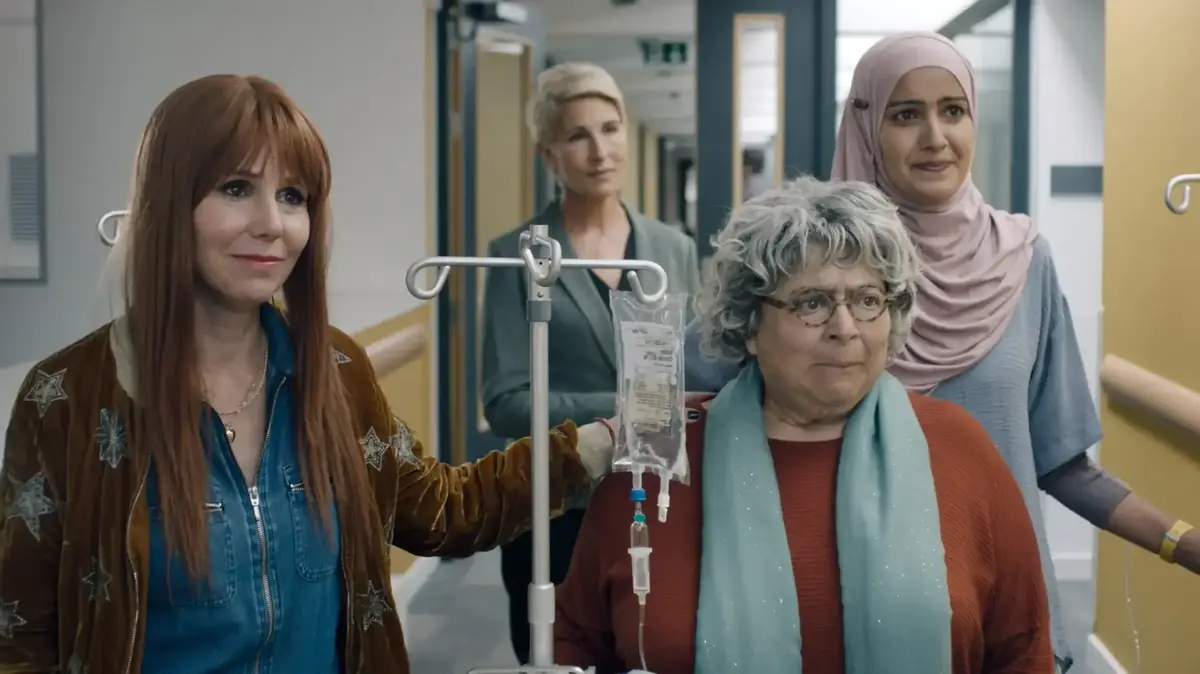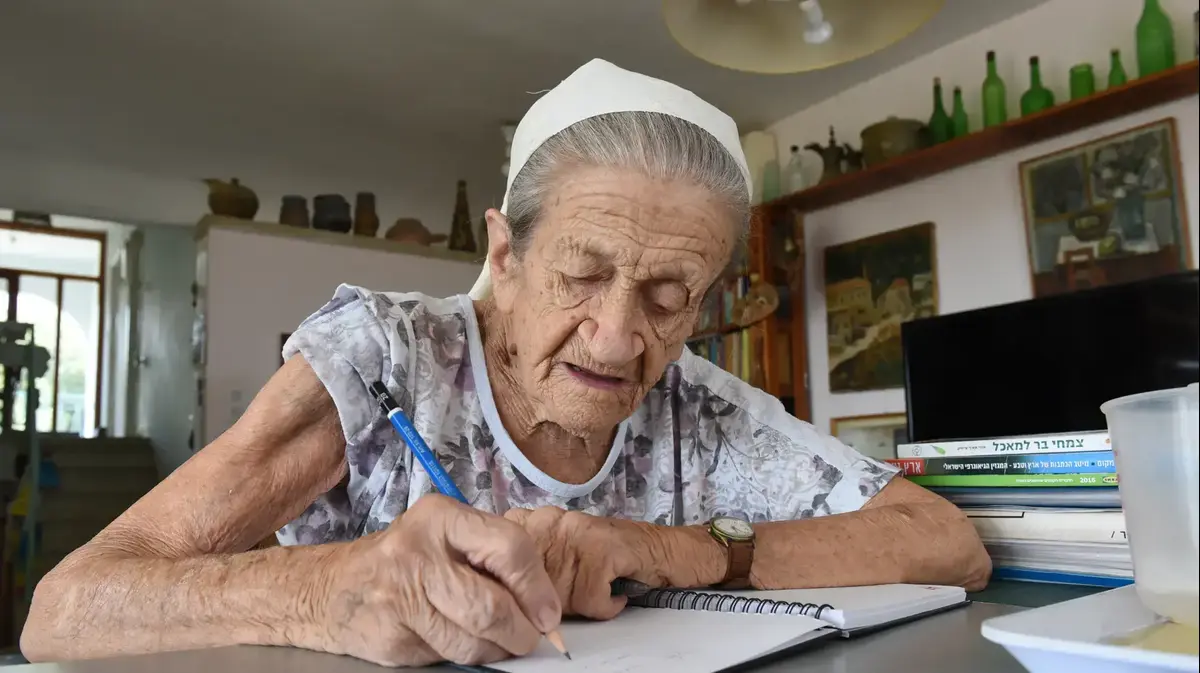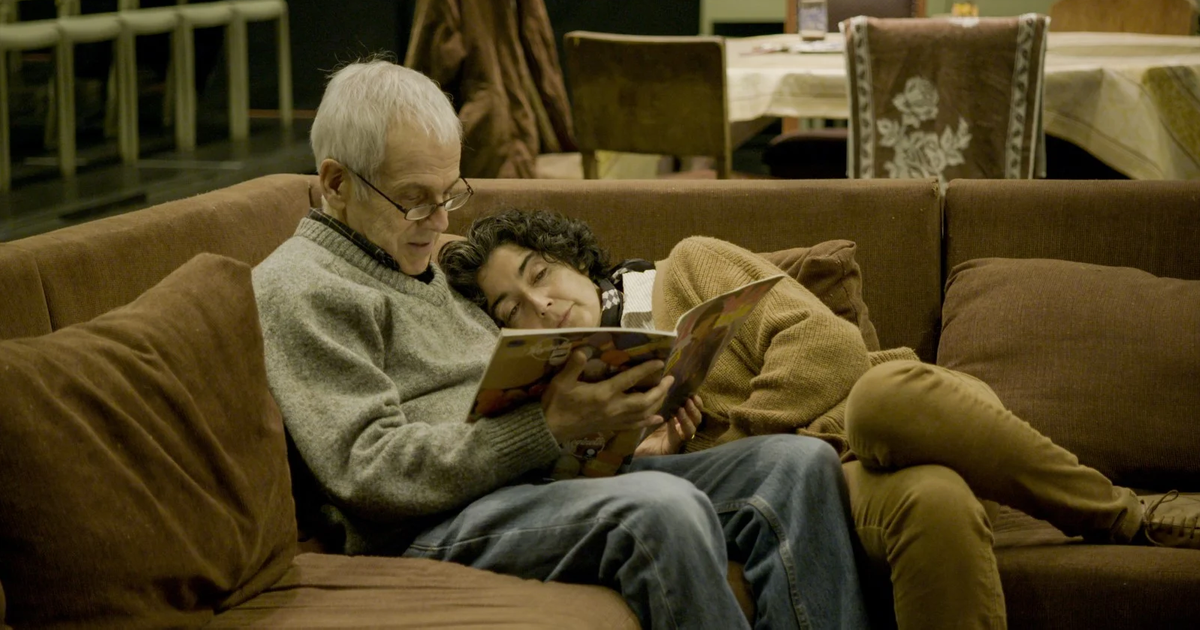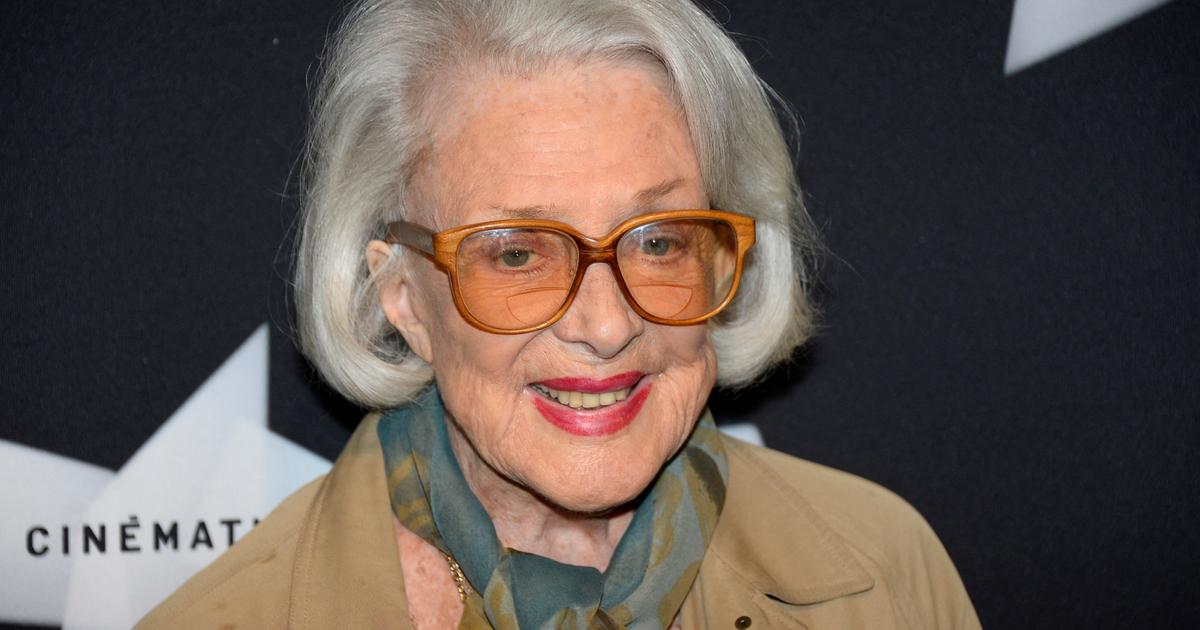Trailer for Happy Endings (Courtesy of United King Films)
Score: Three stars (Photo: Walla! system, image processing)
"Most people take for granted that they are alive and death is a complete shock. This is absurd. Because the only certain thing is that we die, no one comes out alive from this world. No way, right? This means that the obvious is death. And I think it's a miracle every day we live."
With these words, Anat Gov, in her last interview, articulated her approach to the approaching end of her life. The interview turned into a wonderful, sensitive and challenging film, "On Life and Death", which also documented the work processes on her last play, "Happy Ending". She passed away in 2012, a year and a half after the play was staged at the Cameri Theater.
Eleven years have passed and now it is turning its last play into a film, an Israeli-British co-production. The direction was entrusted to Tal Granit and Sharon Maimon ("Good Death"), and the lead role, played on stage by Anat Waxman, was cast by Andy McDowell, who is very fondly remembered from films such as "Getting Up Yesterday Morning", "Sex, Lies and Videotape" and "Four Weddings and a Funeral". When McDowell's character tells a conversationalist on the phone that she's at Gov Memorial Hospital, it's hard not to get excited. But the rest of the film struggles to transcend this moment, including the initial excitement that Gove's characters are being introduced to a new audience played by actresses like McDowell, Sally Phillips (Bridget Jones' Diary, Veep) and Miriam Margolyes (Age of Innocence, the Harry Potter films).
From "Happy Ending" (Photo courtesy of United King Films)
The film version of "Happy Ending" takes place in the oncology ward of a public hospital in England, where a Hollywood actress named Julia is quite accidentally influential. In the same week that her new play in the West End fails miserably, the star is diagnosed with stage four colon cancer and sent to start chemotherapy as soon as possible. She is disappointed to discover that the hospital does not have a private room for a star of her stature and immediately summons her longtime manager, Nancy (Tamzin Greg, "Episodes"), to manage the crisis.
While Nancy controls terror in the halls of the medical institution, Julia befriends her roommates: kind-hearted Mikey (Phillips) nicknamed "Dr. Good Waves," sarcastic Judy (Margulies) who clings to life with all her might, and career mother Iman (Reki Thakar, "Sex Education"), who tries to juggle remote household operations with studying and bar exams. The long treatments are spent by roommates in guided imagery sessions they call "vacation," which the film uses to escape the hospital walls. These pauses help Julia understand that her real fear is not necessarily imminent death, but rather the stages of suffering and dependence that will precede it.
In the stage version, the story of Julia, that is, Talia, unfolds before the viewers as a musical with a satirical touch. It's a bold choice, perhaps even provocative, and fortunately clichés like "you can't laugh at such things" didn't stop the show from becoming a hit. It's easy to see why songs about drug side effects aren't the safest bet for a movie, but omitting them took away most of the story's edge. The fantasy scenes were probably meant to be a substitute for music, but they don't quite hit the mark. The black comedy is also often missed, but the mighty Margolyes manages to land some excellent punches.
More in Walla!
"The Name of the Rose", Islamic version: the spy thriller "The Boy from Paradise" is a dark portrait of Egypt
See full article >
From "Happy Ending" (Photo courtesy of United King Films)
Perhaps the humor doesn't work in this version because the overall shell is that of a kind of witty Phil Good movie, in the spirit of British "heartwarmers" like "Go All the Way," "Calendar Girls" and "The Exotic Marigold Hotel." Writing a Phil Good movie about terminal cancer is as hard as writing a witty satire about terminal cancer, and indeed, Happy Endings is stuck in the middle between the two movies it could have been. The emotional process of the characters is not really convincing and in an attempt to adapt the story to a wide audience, some of its uniqueness disappears. And it's not that it's impossible to create a comedy-drama that brings together humor, honesty, emotion and morbidity — that's exactly what Granite and Maimon's 2014 "Good Death" did.
The main heroine of the film turns out to be one of his main problems. McDowell is as charming and graceful as ever, but not enough to save Julia from one-dimensionality. Julia is a beloved and well-remembered actress, but one that has been let down by the Hollywood industry - she gave everything for her, sacrificed years alongside her family and her quality of life, and this let her out just because of her age. On the other hand, Nancy also describes her as a capricious woman, a free spirit who does whatever she wants without taking responsibility. On the other hand, Julia herself behaves like a loving mother who is preoccupied first and foremost with her daughter's wedding. The different layers don't really connect, creating a confusing and not entirely deciphered character. Beyond that, Julia's dependence on Nancy and her reckless behavior diminishes the intensity of the dramatic decisions she makes, as if these are more whims she will change her mind about later.
From "Happy Ending" (Photo courtesy of United King Films)
The relative weakness of the heroine is balanced by the supporting characters and the dynamics with them. When Nancy breaks the "character" she has to play for her friend and boss, she says more about their relationship than the scenes where everything is said straight ahead, while the roommate relationship thrives when they reveal something of themselves and leave the role of mentors. Julia herself also has moments when she is really glamorous, for example when she uses her acting ability not to get something from the doctor but to chat lightly with her daughter on the phone. The way the directors design the hospital is also beautiful and delicate, not as a dark and sad place but as a space where there is also hope, kindness and humanity. Even if there are disagreements between Julia and the medical staff, it is clear what they stem from and why the staff behaves as they do, without accusing fingers.
So it may not be a perfect adaptation, but the goodwill and the attempt to offer comfort to women who have gone through and will continue to go through this harrowing experience are evident in it. It also has a lot of love for Gove's work and a desire to honor her memory and legacy, and even after all the changes made to the story, the statement she sought to convey about life and its end remains strong and important.
- culture
- cinema
- Movie Review
Tags
- Anat Gov















